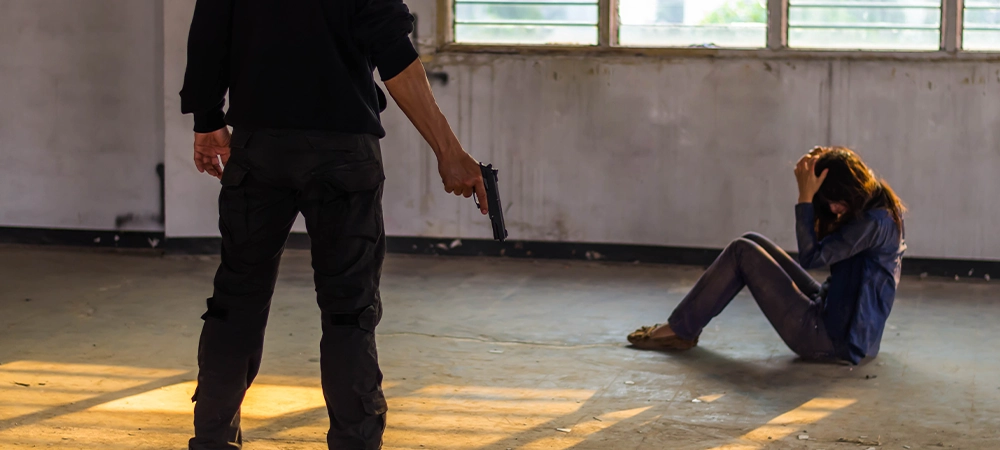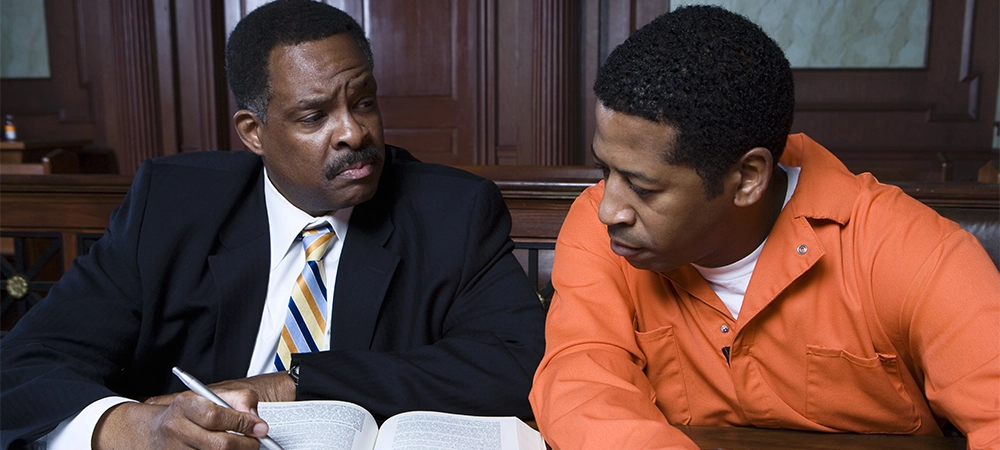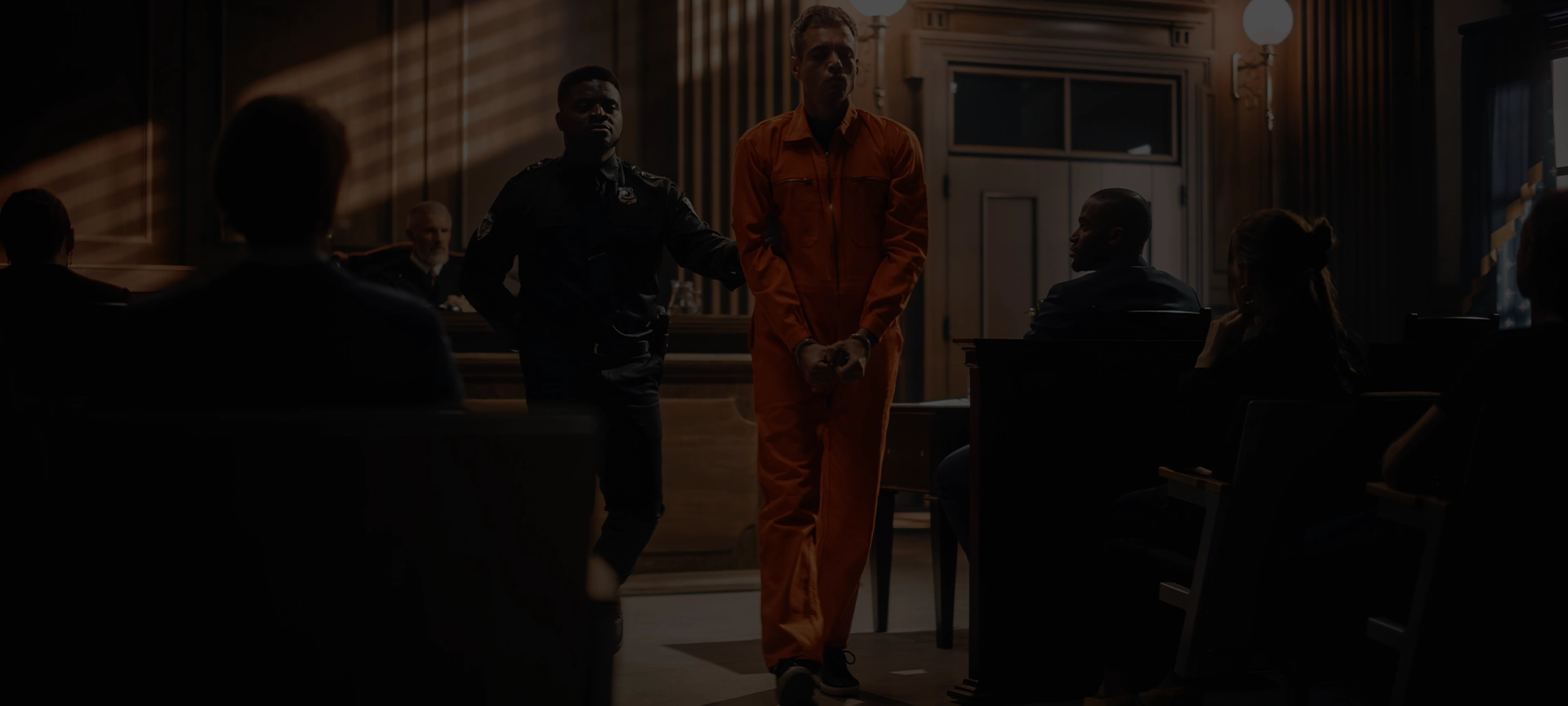In Canada, the legal system is vital to ensuring justice is served, but there are ways to reduce charges before a trial. Attempted murder is a serious offence, however, there are instances where it can be reduced to a charge of physical assault.
Understanding the criteria is crucial for both legal professionals and anyone facing a potential attempted murder charge. Here, we’ll delve into Canadian law to understand when and how an attempted murder can be reduced.
Understanding Attempted Murder and Physical Assault
Before looking into how an attempted murder charge can be reduced, it’s important to know the definition of these two crimes:
Attempted Murder – This is defined as the intentional act to try and kill another person. It involves taking steps to cause the death of someone else but, for whatever reason, failing to do so.
Physical Assault – Physical assault is intentionally applying force to another person without their consent. The severity of assault charges can vary, but with this crime, the intent wasn’t to cause their death.

Factors for Reducing Charges
Many different factors can influence the decision to reduce these charges. They are assessed by legal authorities and can vary depending on the circumstances of the case. Here are the key factors:
Intent – The biggest difference between attempted murder and physical assault is intent. If there is any doubt about the accused’s intent to kill, the charges may be reduced. The evidence will need to suggest that they only have the intention to inflict harm or injury.
Evidence – A robust case will always rely on strong and quality evidence. If that is lacking, there is usually enough reasonable doubt for the prosecutors to agree to a lesser charge. It’s important to question the validity of any evidence.
Mental State – The mental state of the accused at the time of the offence can also be taken into consideration. If it can be established that they were suffering from severe mental health issues or were otherwise mentally impaired, this can raise doubts about the intent.
Self-Defence – Where it can be argued the accused acted in self-defence, the Crown may agree to a negotiation. For attempted murder, the accused must have reasonably believed that their own life was in danger.
Legal Process and Sentencing
In terms of how the process takes place, it typically involves a negotiation between the prosecutor and the defence. If the defence can cast enough doubt on the case, this negotiation can result in a plea bargain, meaning the accused agrees to plead guilty to a lesser charge.
If this plea bargain is successful, the accused is likely to face a much lighter sentence. In Canada, this can often be fines and probation, but may still result in imprisonment. However, the jail term would be significantly reduced compared to attempted murder.
It’s important to know that in these negotiations, the accused has to decide whether they are happy to plead guilty if it means a lesser charge. If they are determined to fight for their innocence, they will have to face the attempted murder charge.
Related article: https://www.agpllp.ca/defending-against-attempted-murder-charges-strategies-and-legal-considerations/
The Importance of a Good Criminal Lawyer
Before the case goes to trial, there are some huge decisions that need to be made. For example, whether or not to attempt a plea bargain isn’t just about innocence. It’s also about knowing how strong or weak a case may be. Here’s why a skilled criminal lawyer is so vital.
Related article: https://www.agpllp.ca/the-process-of-a-criminal-trial-in-ottawa/
Legal Expertise and Strategy
A criminal lawyer will have in-depth knowledge of Canadian law and its procedures. They will know how to strategically approach a case to achieve the best possible outcome. This includes whether or not to strike a plea bargain.
If the lawyer thinks the accused has a strong case that will ultimately lead to a not-guilty verdict, they may advise to avoid a plea bargain. If there are weaknesses with the case, they will advise you on the best way forward.
Negotiation Skills
If the prosecutor feels they have a strong case against the accused, they may refuse the chance to accept lower charges. This is where a skilled lawyer can help to cast doubt on the case and encourage them to enter into a negotiation.
A lawyer can use any doubt as leverage to get a better deal for the accused. They will work in the best interests of their client to present compelling arguments and negotiate favourable terms. A poor lawyer can fail to get a deal or do so on inferior terms.
Related article: https://www.agpllp.ca/the-different-types-of-criminal-charges-in-ottawa/

Protecting Rights and Ensuring Fair Treatment
One of the most fundamental roles of a lawyer is to protect the rights of their client and ensure fair treatment throughout the process. This includes conducting their own investigations, challenging evidence, and advocating for due process.
For serious offences such as attempted murder, the defendants may face intense scrutiny, including from the public. The lawyer should act as their advocate and ensure they are shielded from any undue prejudice.
Final Thoughts
In Canada, the legal system provides a mechanism to reduce charges, including from attempted murder to physical assault. Many factors can be taken into account, and a negotiation can be made on the plea and the charges faced.
For the accused, it’s important to carefully assess the options to decide on the next steps. This is where a skilled lawyer can be vital in guiding them through the process. If you’re in need of legal assistance, get in touch with AGP LLP and schedule your consultation.





